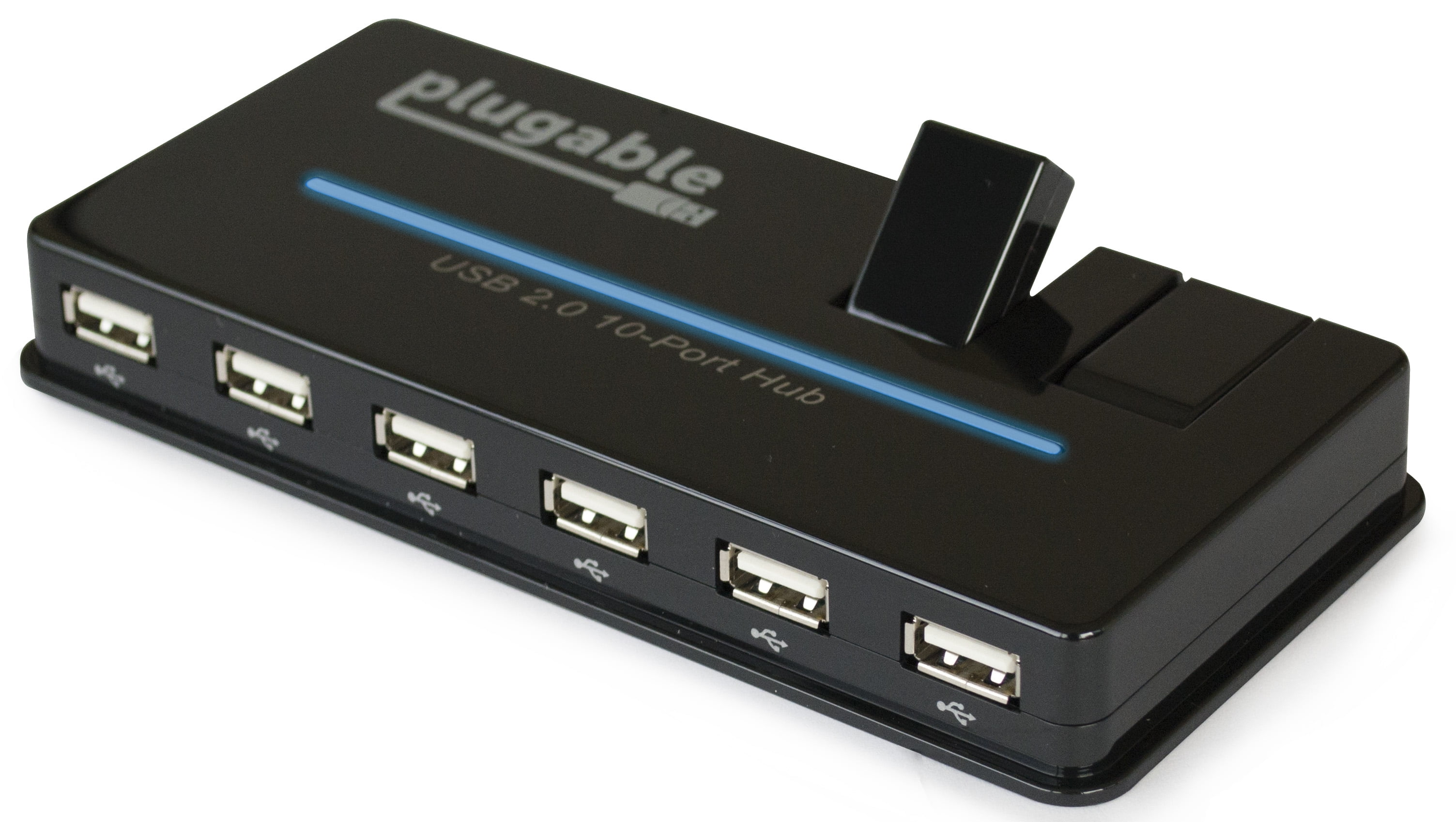In today's digital world, HD Hub4 You has become a synonym for high-quality visual content. As technology continues to evolve, the demand for high-definition (HD) entertainment grows stronger. Whether you're streaming movies, playing video games, or simply browsing the web, HD quality transforms the way we consume media.
Understanding the concept of HD Hub4 You goes beyond just appreciating its visual appeal. It involves knowing the technical specifications that make it possible and recognizing the standards set by industry leaders to ensure consistent quality. In this article, we'll explore everything you need to know about HD Hub4 You, from its origins to its implementation in modern devices.
Table of Contents
- What is HD?
- HD Resolution Standards
- HD Hub4 You Explained
- Benefits of HD
- Comparison: HD vs Other Formats
- HD Technology Today
- Integrating HD into Devices
- Future of HD
What is HD?
HD stands for High Definition, a term used to describe video or image content with superior clarity and resolution compared to standard definition (SD). The term originated from the broadcasting industry, where HDTV (High Definition Television) became the standard for delivering clearer, sharper visuals to viewers. HD content typically starts at a resolution of 1280x720 pixels, commonly referred to as 720p.
In the context of HD Hub4 You, understanding the basic principles of HD is crucial. It involves not only the resolution but also the aspect ratio, color depth, and overall image quality. As technology advances, HD has paved the way for even higher resolutions like Full HD (1080p) and Ultra HD (4K).
HD Resolution Standards
Understanding Resolution Standards
Resolution plays a pivotal role in defining the quality of HD content. The Consumer Electronics Association (CEA) established specific guidelines for labeling devices as "Ultra HD." For a display to qualify as Ultra HD, it must have at least 8 million effective pixels, with a resolution of 3840x2160. This ensures that viewers experience a level of detail that surpasses traditional HD.
- HD (720p): 1280x720 pixels
- Full HD (1080p): 1920x1080 pixels
- Ultra HD (4K): 3840x2160 pixels
These standards provide a framework for manufacturers and content creators to deliver consistent quality across different platforms.
- Telugu Movierulz 2025 Your Ultimate Guide To The Hottest Blockbusters And Downloads
- Wwwbollyflixcom
- Filmyfly Earth Hindi Dubbed
- Movierulz18
- Hdhub4uspa 2025
HD Hub4 You Explained
HD Hub4 You represents the convergence of technology and entertainment, offering users access to a wide range of high-definition content. Whether you're watching movies, streaming live sports, or enjoying video games, HD Hub4 You ensures that every detail is crisp and vibrant. This platform leverages advanced compression techniques and streaming protocols to deliver seamless HD experiences.
Moreover, HD Hub4 You adapts to various devices, ensuring compatibility with smartphones, tablets, smart TVs, and computers. This flexibility makes it an ideal choice for modern consumers who demand versatility in their entertainment options.
Benefits of HD
Adopting HD technology brings numerous advantages, both for content creators and consumers. Here are some of the key benefits:
- Improved Visual Quality: HD content offers sharper images and richer colors, enhancing the overall viewing experience.
- Increased Engagement: High-definition visuals capture attention and keep viewers engaged longer.
- Compatibility with Modern Devices: Most modern devices support HD resolution, making it widely accessible.
- Enhanced Storytelling: Filmmakers and content creators can convey their vision more effectively with HD technology.
These benefits highlight why HD Hub4 You has become a staple in the entertainment industry.
Comparison: HD vs Other Formats
HD vs SD
When comparing HD to standard definition (SD), the differences are stark. SD content typically has a resolution of 640x480 pixels, resulting in a much lower level of detail. HD, on the other hand, provides a resolution that is at least four times higher, offering a significantly better viewing experience.
HD vs 4K
While HD offers excellent clarity, 4K takes it to the next level with a resolution of 3840x2160 pixels. This ultra-high-definition format provides an immersive experience, making it ideal for large screens and home theaters. However, the increased resolution also requires more bandwidth and storage capacity, which can be a consideration for some users.
HD Technology Today
In today's market, HD technology is more prevalent than ever. From smartphones with Full HD displays to streaming services offering 4K content, consumers have access to high-quality visuals across multiple platforms. Innovations in display technology, such as OLED and QLED, further enhance the capabilities of HD devices, providing deeper blacks and more vibrant colors.
Additionally, advancements in connectivity standards like HDMI and Miracast have made it easier to integrate HD technology into everyday life. These protocols allow seamless transmission of high-definition content between devices, creating a more interconnected and convenient user experience.
Integrating HD into Devices
Hardware Considerations
Integrating HD technology into devices requires careful consideration of hardware specifications. For example, the Intel HD Graphics series provides integrated graphics capabilities that support HD content, making it a popular choice for budget-friendly laptops. However, for more demanding applications, discrete GPUs are often necessary to ensure smooth performance.
Software Optimization
Software plays a critical role in optimizing HD performance. Features like Windows HD Color settings allow users to fine-tune their display preferences, ensuring that HD content looks its best. Additionally, cloud storage solutions like Baidu Netdisk enable users to store and share large HD files with ease, further enhancing the accessibility of high-definition content.
Future of HD
As technology continues to advance, the future of HD looks promising. Emerging formats like 8K resolution promise even greater levels of detail and immersion. Furthermore, advancements in AI and machine learning are paving the way for smarter content creation and distribution, ensuring that HD Hub4 You remains at the forefront of innovation.
With the increasing adoption of smart devices and the proliferation of streaming services, the demand for high-definition content is only set to grow. As a result, manufacturers and content creators will continue to push the boundaries of what's possible, delivering ever more impressive visuals to consumers worldwide.
Conclusion
In conclusion, HD Hub4 You represents the pinnacle of modern visual entertainment. By understanding the technical standards and benefits of HD technology, consumers can make informed decisions about their media consumption. From its origins in the broadcasting industry to its current status as a global phenomenon, HD has revolutionized the way we experience digital content.
We invite you to explore the world of HD Hub4 You further and share your thoughts in the comments below. Stay tuned for more articles on the latest trends in technology and entertainment, and don't forget to subscribe for updates!


